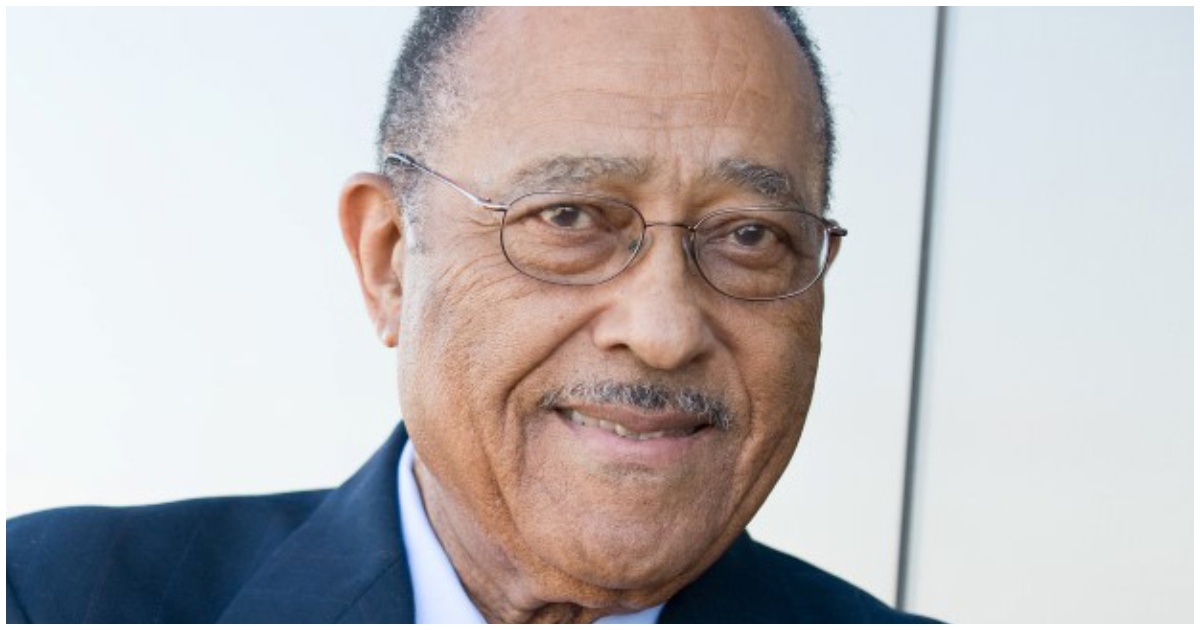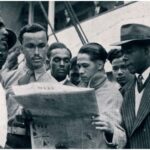On a momentous day in 1999, Henry Frye etched his name in North Carolina’s history books.
Governor Jim Hunt appointed Frye as the state’s first African American Chief Justice of the Supreme Court.
This groundbreaking appointment marked a significant milestone in the state’s judicial system.
A Trailblazer in North Carolina’s Legal Landscape
Frye’s journey to the top judicial position was paved with numerous firsts. In 1983, he became the first African American to serve on the state’s highest court as an associate justice. His appointment as Chief Justice in 1999 further cemented his legacy as a pioneer.
During his investiture ceremony, Frye shared his optimistic philosophy. He stated, “I know that the world is full of problems, but I believe we should treat our problems as challenges and opportunities to do what is right and good.” These words reflected his approach to his historic role.
From Farmland to Supreme Court: Frye’s Remarkable Journey
Born in August 1932 to a Richmond County farmer, Frye’s path to the Supreme Court was extraordinary. He graduated with top honors from North Carolina A&T State University and served as a U.S. Air Force captain.
Despite his education and military service, Frye faced discrimination. In 1956, he was told he had failed a literacy test when attempting to register to vote. This experience inspired him to pursue a career in law and fight for civil rights.
Breaking Barriers in Politics and Law
Frye’s impact extended beyond the courtroom. In 1968, he became the first African American elected to the North Carolina General Assembly in the 20th century. His first bill proposed a constitutional amendment to abolish the literacy test that had once barred him from voting.
Before his judicial career, Frye served six terms in the state House and one term in the state Senate. His political experience provided a unique perspective to his role on the Supreme Court.
A Legacy of Firsts and Continued Inspiration
Frye’s list of “firsts” is impressive. He was the first African American assistant U.S. attorney for the Middle District of North Carolina in 1963. His appointment as Chief Justice in 1999 was the culmination of a career dedicated to breaking racial barriers.
Although Frye lost his bid for a full term as Chief Justice in 2000, his impact on North Carolina’s legal system remains profound. His 17-year tenure on the state’s top tribunal left an indelible mark on the pursuit of justice and equality in North Carolina.





